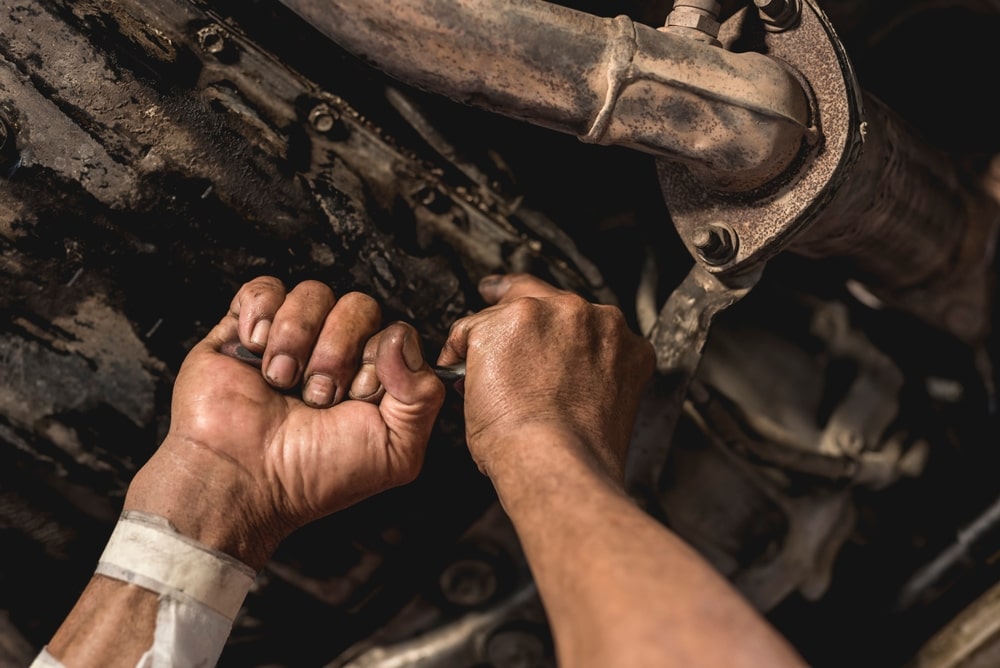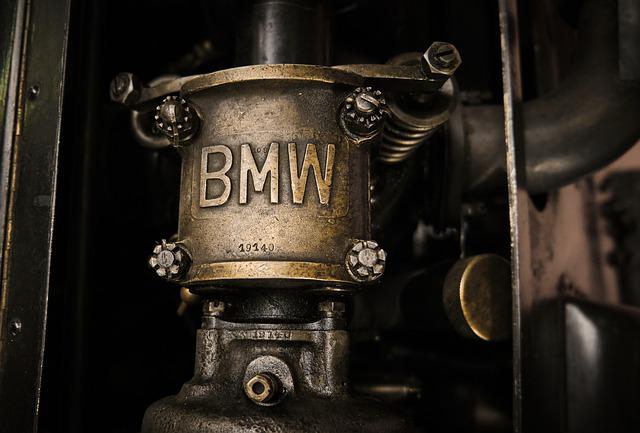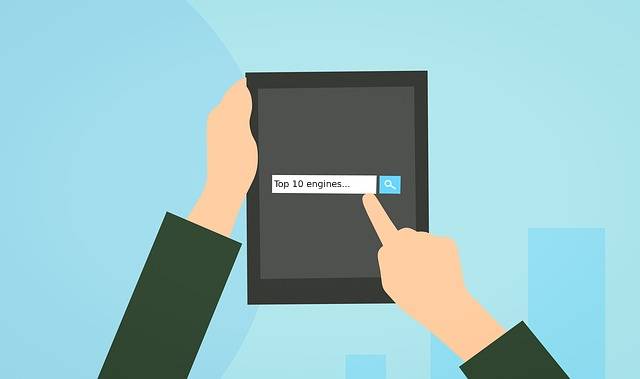Know All About Transmission Leak Repair
Find Used Engines and Transmissions for a Great Price! Live Assistant For Used Engines Call 1800-518-9776

Whether you're a seasoned car enthusiast or a casual driver, understanding transmission leaks empowers you to ensure your vehicle remains a reliable companion through every journey.In this blog, we'll dive into the causes of transmission leaks, how to identify them, and the common repairs you can expect.
Identifying Transmission Leaks
-
Fluid Pooling: Keep an eye out for red or brown fluid collecting beneath your vehicle. This indicates a transmission leak and demands your attention.
-
Aromatic Clues: A burning smell, reminiscent of a peculiar party for your sense of smell, often accompanies fluid leakage. If you catch a whiff, your transmission might be in trouble.
-
Slipping Gears and Hesitation: If your gears seem to be slipping or your car hesitates during acceleration, your transmission is likely voicing its exhaustion.
Common Causes of Transmission Leaks
-
Damaged Seals or Gaskets: Over time, the seals and gaskets that keep transmission fluid contained can degrade or become damaged, leading to leaks.
-
Loose or Misaligned Bolts: Regular driving vibrations can gradually loosen bolts and fasteners, creating gaps for fluid escape. This fluid loss can lead to compromised transmission performance, emphasising the need for attentive maintenance.
-
Cracked Transmission Housing: External damage to the transmission housing, such as from accidents or debris, can lead to leaks.
-
Damaged Fluid Lines: The transmission fluid lines themselves can turn traitorous. Cracks or fractures can develop, causing fluid to leak.
-
Torque Converter Troubles: Torque converters, essential in transmitting power between the engine and transmission, can be sources of transmission woes. Seal leaks lead to fluid loss, affecting shifting and efficiency. Lock-up clutch malfunctions result in stalling and rough shifts.
-
Worn Components: Wear and tear on transmission components can result in leaks over time, especially in older vehicles.
Fixing Transmission Leaks
-
Replace Seals and Gaskets: If the leak is caused by worn-out seals or gaskets, replacing them can often solve the issue.
-
Tighten Bolts and Fasteners: Ensuring that all bolts and fasteners are properly tightened can prevent leaks caused by loose connections.
-
Fix Cracks or Damage: If the transmission housing is cracked or damaged, it may need to be repaired or replaced to stop the leak.
-
Professional Assistance: For complex leaks or if you're unsure about the source, it's best to consult a professional mechanic. They have the expertise and tools to diagnose and repair the issue accurately.
Conclusion
Promptly dealing with leaks not only protects your car's performance but also keeps you worry-free while driving. By becoming skilled at handling transmission leaks, you take control over your vehicle's future, making sure it stays dependable on all your journeys.
Whether you're seeking a transmission replacement or an upgrade, our dedicated team at Used Engine’s Inc. is here to assist you in finding the perfect match for your needs. Our extensive inventory features thoroughly inspected and tested used transmissions that are guaranteed to breathe new life into your vehicle.
related
You May Also Like

Which BMW Has the Most Horsepower?
A car is useless if it doesn’t have good horsepower. Just imagine driving your car with sluggish acceleration and it drags on the road whenever you take it for a spin.
Read Article
10 Best Engines Made So Far By Top Engine Manufacturers
Over the years, the car industry has seen major changes. Car engines have become smarter and it looks like every new engine that rolls out is better than the other.
Read Article
How to Make Your Car Last Forever?
Isn’t it lovely when a new car works the way you want? The gears shift smoothly and the wheels roll without dragging against the road. But as your car gets older, you’ll notice that it doesn’t drive smoothly, has lower fuel mileage, and overheats easily.
Read Article